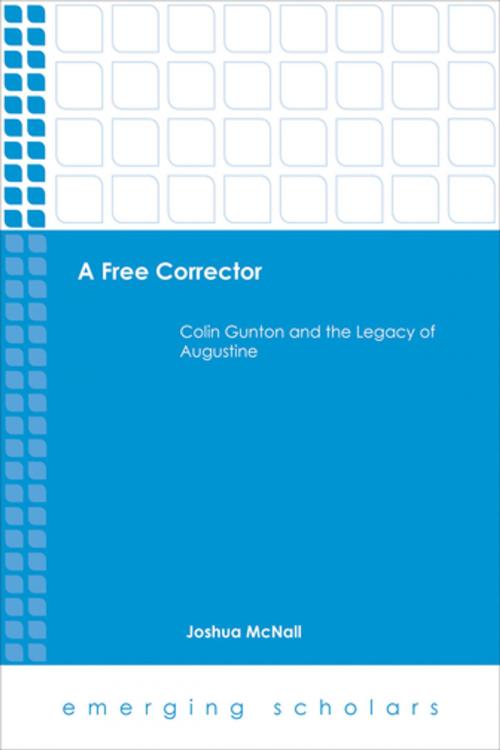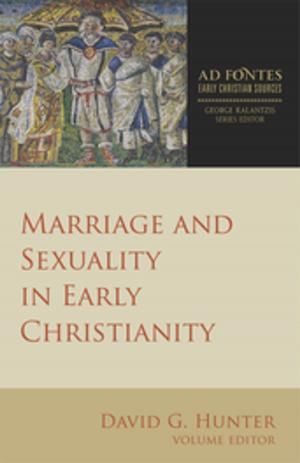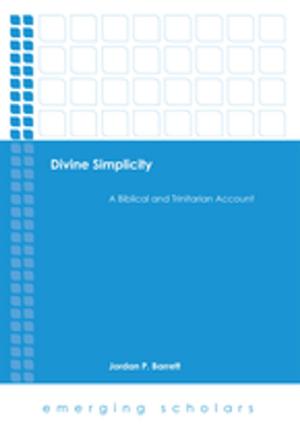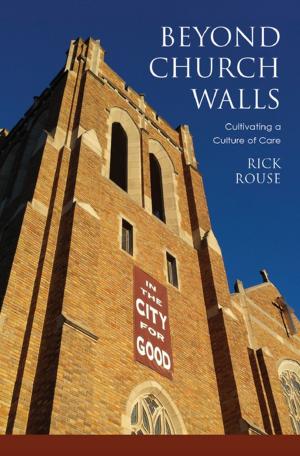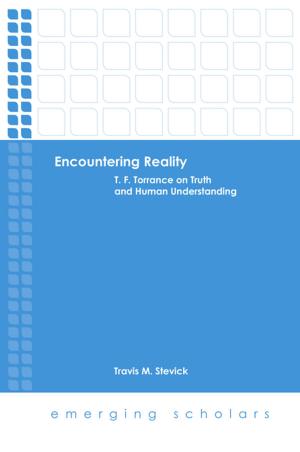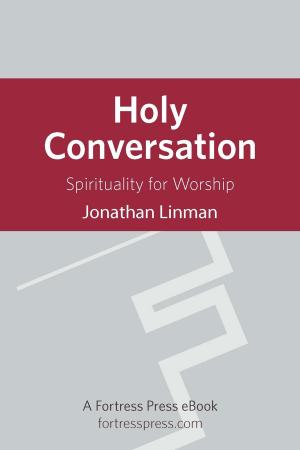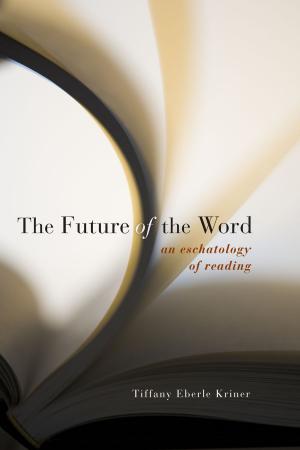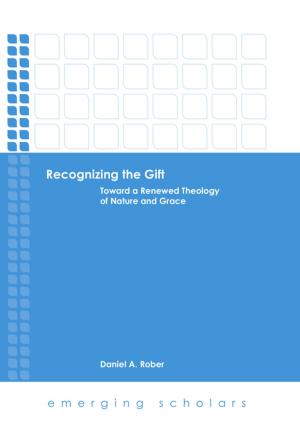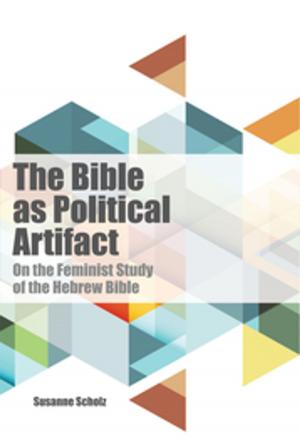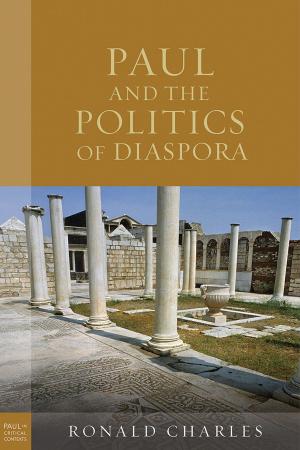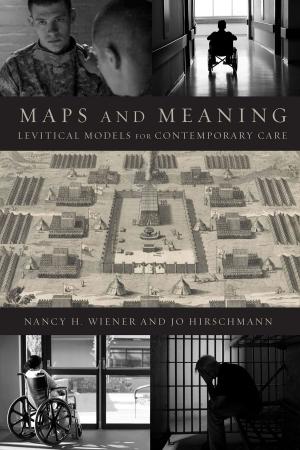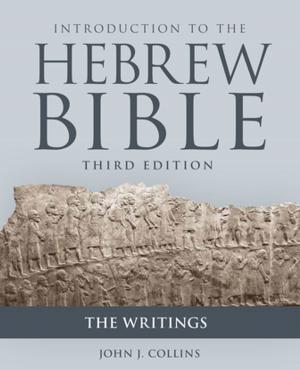A Free Corrector
Colin Gunton and the Legacy of Augustine
Nonfiction, Religion & Spirituality, Theology, Christianity, Church| Author: | Joshua McNall | ISBN: | 9781451496642 |
| Publisher: | Fortress Press | Publication: | May 1, 2015 |
| Imprint: | Fortress Press | Language: | English |
| Author: | Joshua McNall |
| ISBN: | 9781451496642 |
| Publisher: | Fortress Press |
| Publication: | May 1, 2015 |
| Imprint: | Fortress Press |
| Language: | English |
A Free Corrector evaluates Colin Gunton’s controversial treatment of Augustine’s theological legacy.
While others have critiqued Gunton’s negative reading of Augustine, McNall goes further in addressing Gunton’s argument regarding Augustine’s “afterlife” (that is, the appropriation of Augustine by crucial figures from the medieval era to the dawn of modern thought).
In the end, A Free Corrector argues that while Gunton was indeed unfair to Augustine, not all his claims about Augustine’s legacy may be so easily dismissed. While Gunton was wrong to claim that Augustine’s doctrine of the Trinity was decidedly monistic, it remains viable to argue that Augustine’s view of the mind as the imago Trinitatis would contribute to problems over time. Likewise, on the doctrine of creation, Gunton was overzealous in his criticisms even while he found more support for his claim that Augustine’s “inward turn” would encourage a problematic preference for mind over matter. The result of this study is thus a plea for balance: while Gunton was far too “free” in his correction of Augustine, it is also true that aspects of his Augustinian narrative remain viable.
A Free Corrector evaluates Colin Gunton’s controversial treatment of Augustine’s theological legacy.
While others have critiqued Gunton’s negative reading of Augustine, McNall goes further in addressing Gunton’s argument regarding Augustine’s “afterlife” (that is, the appropriation of Augustine by crucial figures from the medieval era to the dawn of modern thought).
In the end, A Free Corrector argues that while Gunton was indeed unfair to Augustine, not all his claims about Augustine’s legacy may be so easily dismissed. While Gunton was wrong to claim that Augustine’s doctrine of the Trinity was decidedly monistic, it remains viable to argue that Augustine’s view of the mind as the imago Trinitatis would contribute to problems over time. Likewise, on the doctrine of creation, Gunton was overzealous in his criticisms even while he found more support for his claim that Augustine’s “inward turn” would encourage a problematic preference for mind over matter. The result of this study is thus a plea for balance: while Gunton was far too “free” in his correction of Augustine, it is also true that aspects of his Augustinian narrative remain viable.
